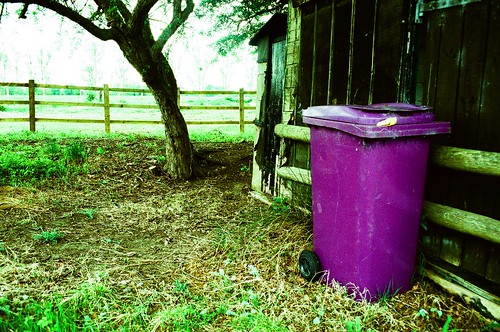jimbeekeeper
Queen Bee
- Joined
- Dec 14, 2008
- Messages
- 2,461
- Reaction score
- 8
- Location
- East Yorkshire
- Hive Type
- National
- Number of Hives
- 1
I would like to know:
How many beekeepers die from stings?
I have quote the figures in the past, but in simple terms, more people IN THE UK die from being struck by lightning than bee stings on for that fact any other insect bite/sting.
Just look at this swine flue "pandemic" how many people REALY have it and how many are using it to get two weeks off work?
Last edited:




















































 .
.


